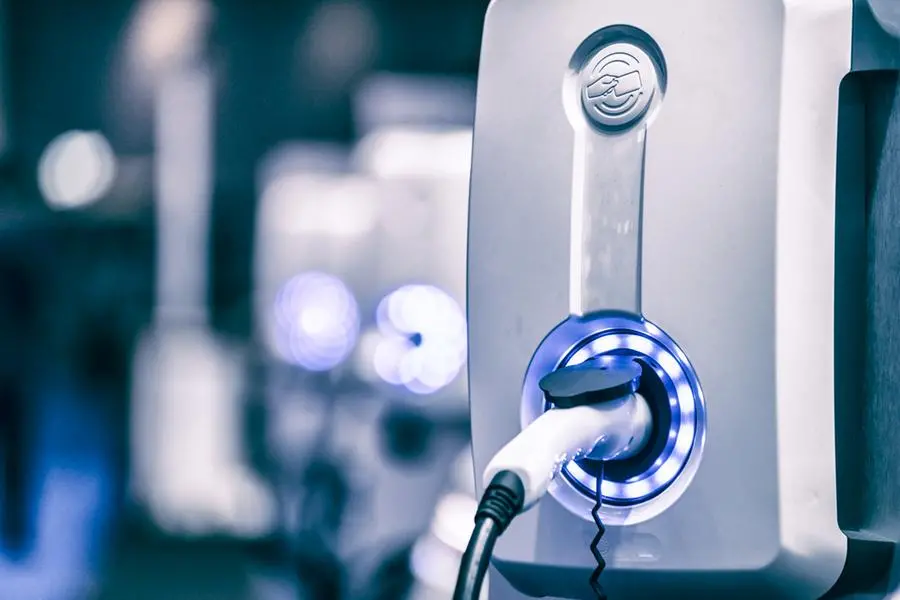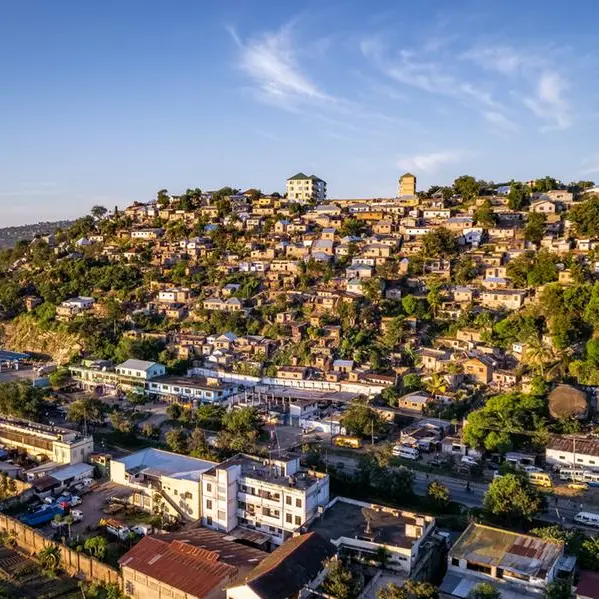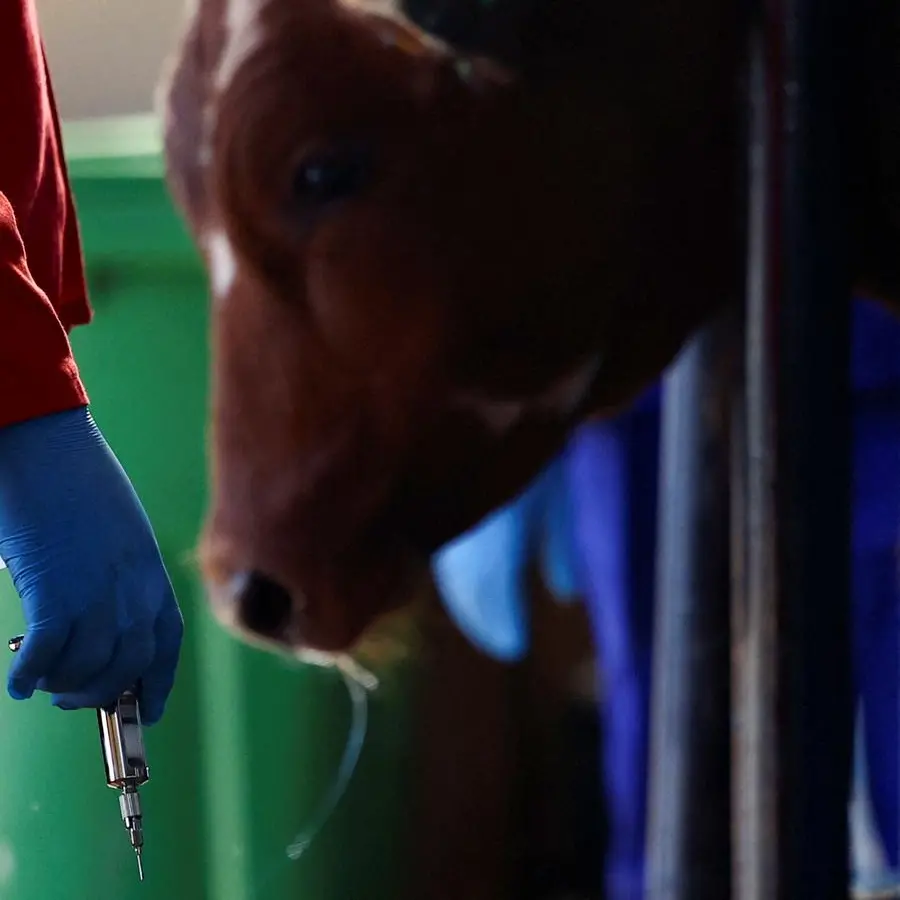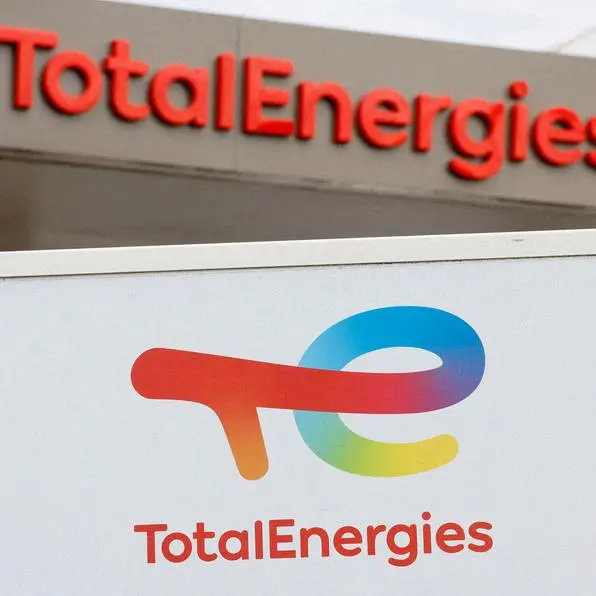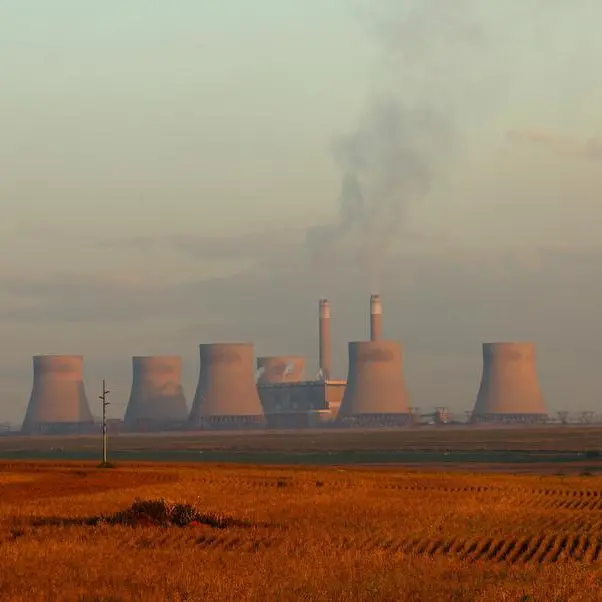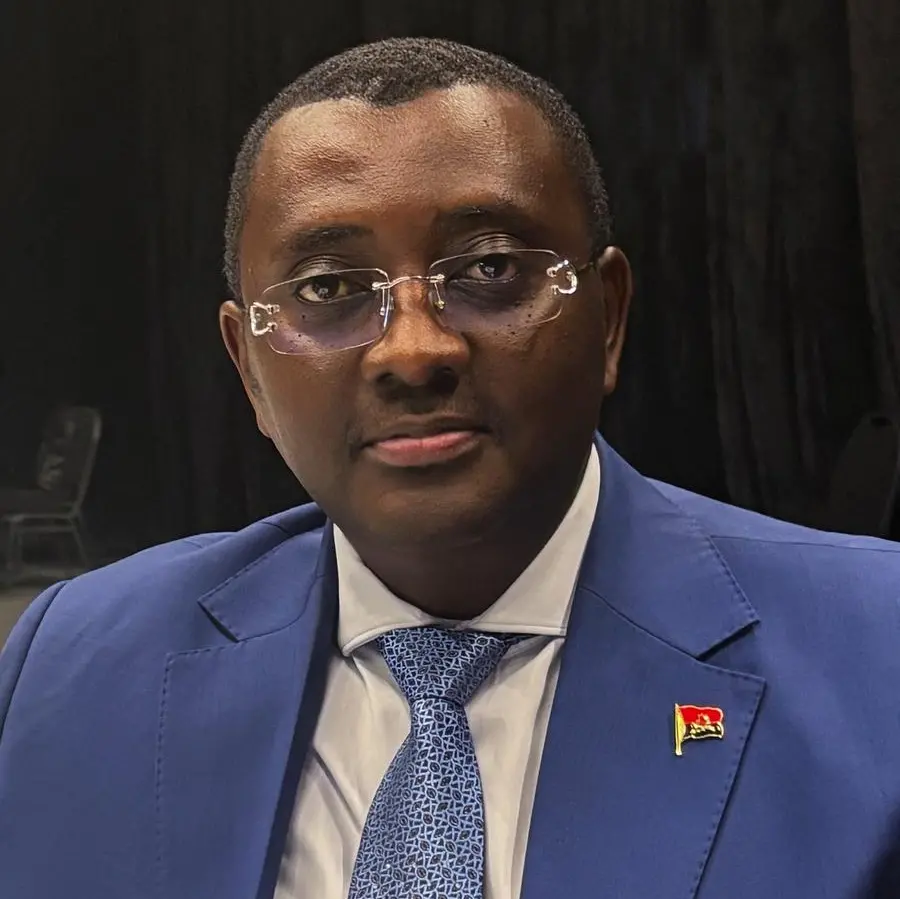PHOTO
FOR obvious reasons, Nigerians typically do not treat promises by political actors with any seriousness. Over the years, they have become used to hollow promises. Politicians eager to score political points make promise after promise to the beleaguered populace but in most, if not all, cases, those promises turn out to have been made only to excite passions, create an illusion of responsibility, and keep the masses in check.
Policies and programmes are usually initiated, only for authorities to either implement them haphazardly or abandon them outright. This is the context in which the Federal Government’s failure to roll out electric vehicles (Evs) must be seen. According to reports, many months after removing subsidy on Premium Motor Spirit (PMS), the Bola Tinubu administration is yet to roll out the electric vehicles it promised Nigerians.
The Federal Government had planned to increase the percentage of EVs in the country to 7.50 per cent of the total vehicles running on roads by 2025, a target which implies that at least 7.50 per cent of the estimated 11.8 million vehicles on Nigerian roads currently will be electric. However, there is hardly any evidence to show that the government means business.
Last year, speaking at a high-level meeting with stakeholders and investors on the Nigeria Carbon Market and Electric Buses Rollout Programme in Dubai, United Arab Emirates (UAE), on the margins of the COP28 climate summit, President Tinubu waxed poetic about the said vehicles. Nigeria, he enthused, would roll out 100 electric buses in a step towards a sustainable and eco-friendly future. Noting that the pioneering initiative was meant to significantly reduce Nigeria’s carbon footprint and modernise its transportation systems, Tinubu said: “This initiative stands as a testament to our dedication to environmental stewardship as clearly exemplified through our collaboration with the Africa Carbon Market Initiative. Our visionary plan is a strategic guidepost, directing Nigeria towards becoming an investment-friendly destination for carbon market investments. We recognise the imperative of fostering an environment that not only attracts investment but also upholds standardised and sustainable industrial practices. As a manifestation of our forward-thinking approach, we are actively looking to implement robust, enabling policies and frameworks that will serve as the catalyst for the burgeoning growth of the carbon market within our national borders.”
To spearhead the transformative plan, the president announced the appointment of the Executive Chairman of the Federal Inland Revenue Service (FIRS), Mr. Zacch Adedeji, and the Director-General of the National Council on Climate Change (NCCC), Mr. Dahiru Salisu, as co-chairmen of the Nigeria Carbon Market Activation Plan. Indeed, speaking at COP28 to the United Nations Framework Convention on Climate Change (UNFCCC), the Minister of Foreign Affairs, Yusuf Tuggar, said Nigeria aimed to have the largest electric mass transit fleet in Africa and increase electric buses from 100 to 1,000, adding that the country was leading the fight against climate change in Africa by setting ambitious and realistic goals. Following COP28, Oando Clean Energy, the renewable energy arm of Oando Energy Resources, commendably announced the acquisition and deployment of 50 new electric buses. The expansion, the company said, was a reinforcement of its commitment to supporting the Federal Government’s efforts in the transition to cleaner transportation solutions. And as he launched the 107 electric/gas buses and taxis acquired by the Borno State governor, Professor Babagana Zulum, Tinubu couldn’t be clearer about his government’s lofty plan. Serenading Zulum for his foresight, Tinubu, who was in Maiduguri for the 2023 Chief of Army Staff Annual Conference, said: “We are going to take advantage of your foresight and proactiveness to, at the subnational level, be able to start an assembly plant, add more value to the economy, and bring economic prosperity to our people.”
Related PostsFG pays N4.83trn of CBN Ways & Means advances via T-Bills, Bonds —MinisterExpert calls on FG to harness potential in mining sector to combat poverty, insecurityPENGASSAN knocks FG over Nigeria’s debt spike
It is indeed unfortunate that while Nigerians continue to experience anguish following the removal of subsidy on PMS, the Tinubu government has faltered and dithered on the EV initiative. Of course, to truly execute the plan, the government is expected to give the power sector a massive turnaround. That remains to be done. The critical issue of power distribution infrastructure remains unaddressed even though the legal framework has been liberalised. The government not honouring its word means that it is taking the people for a ride, not caring a hoot about their welfare. Through subsidy removal and floatation of the naira without rolling out a realistic minimum wage regime for workers, the government has hurt Nigerians grievously. The people have been left in the lurch, confined to penury. The government honouring its word shows that the state has integrity; the converse is also true. The Tinubu government must redeem itself.
Copyright © 2022 Nigerian Tribune Provided by SyndiGate Media Inc. (Syndigate.info).
